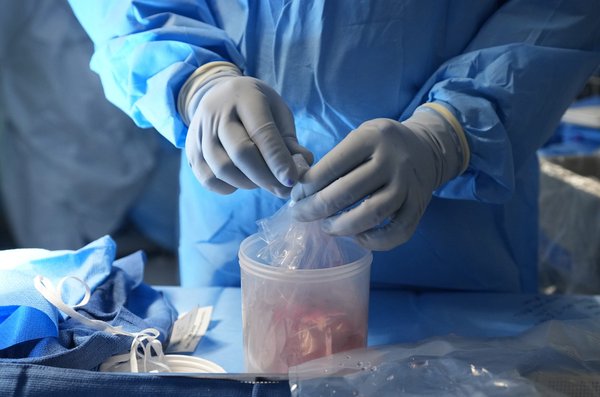A new policy allowing people with HIV to donate kidneys and livers to each other has the potential to reduce wait times on organ donation lists.
Prior to a final ruling by the Department of Health and Human Services on Wednesday, kidney and liver transplants between donors with HIV and recipients with HIV were only approved in research settings. The new ruling removes that requirement and is based on research showing the safety and effectiveness of transplants between people with human immunodeficiency virus, according to HHS.
MORE: Greater diversity among organ donors increases the possibility that people on waiting lists find good matches
"We continue to do everything in our power to increase access to life-saving organs while addressing health inequities faced by people with HIV," HHS Secretary Xavier Becerra said in a release.
The HIV Organ Policy Equity Act in 2013 approved the donation of kidneys and livers among people with HIV – but only in research settings. A 2023 study found that people with HIV can safely donate kidneys without an increased risk of developing end-stage kidney disease or other kidney problems later in life.
Research published in October found that HIV-to-HIV kidney transplants were as effective as transplants using organs from donors without HIV.
Johns Hopkins Medicine performed the first deceased donor HIV-to-HIV kidney and liver transplants in 2016 and the first living donor HIV-to-HIV kidney transplant in the United States in 2019 under the HOPE Act.


